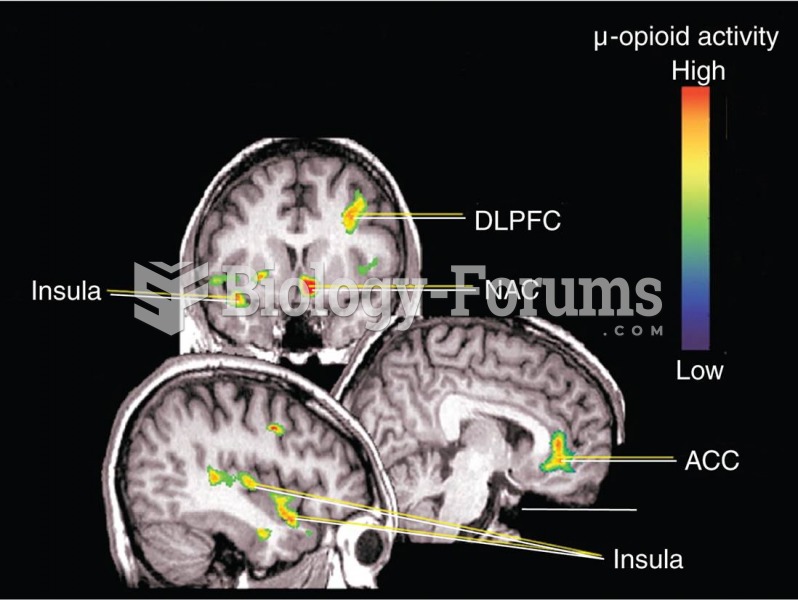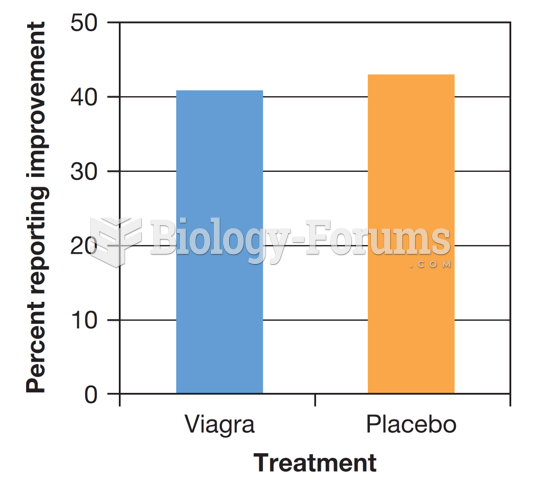Answer to Question 1
Free radicals attack. Occasionally, these free-radical attacks are helpful. For example, cells of the immune system use free radicals as ammunition in an oxidative burst that demolishes disease-causing viruses and bacteria. Most often, however, free-radical attacks cause widespread damage. They commonly damage the polyunsaturated fatty acids in lipoproteins and in cell membranes, disrupting the transport of substances into and out of cells. Free radicals also alter DNA, RNA, and proteins, creating excesses and deficiencies of specific proteins, impairing cell functions, and eliciting an inflammatory response. All of these actions contribute to cell damage, disease progression, and aging
Answer to Question 2
Cancer
Cancers arise when cellular DNA is damaged sometimes by free-radical attacks. Antioxidants may reduce cancer risks by protecting DNA from this damage. Many researchers have reported low rates of cancer in people whose diets include abundant vegetables and fruits, rich in antioxidants. Preliminary reports suggest an inverse relationship between DNA damage and vegetable intake and a positive relationship with beef and pork intake.
Foods rich in vitamin C seem to protect against certain types of cancers, especially those of the esophagus. Such a correlation may reflect the benefits of a diet rich in fruits and vegetables and low in fat; evidence that vitamin C supplements reduce the risk of cancer is lacking.
Researchers hypothesize that vitamin E might inhibit cancer formation by attacking free radicals that damage DNA. Evidence that vitamin E supplements help guard against cancer, however, is lacking
Several studies report a cancer-preventing benefit of vegetables and fruits rich in beta-carotene and the other carotenoids as well. Carotenoids may protect against oxidative damage to DNA. Some research suggests that high concentrations of beta-carotene and the other carotenoids are associated with lower rates of some cancers. Studies do not, however, find a reduction in cancer risk with beta- carotene supplementation. Benefits most likely reflect a healthy diet abundant in fruits and vegetables. In fact, a major review of several large research studies concluded that none produced evidence to justify the use of antioxidant supplements for cancer prevention
Heart Disease
Decades of research have contributed to our understanding of how oxidative stress contributes to atherosclerosis and how antioxidants might protect against heart disease, yet questions remain. High blood cholesterol carried in LDL (low-density lipoproteins) is a major risk factor for cardiovascular disease, but how do LDL exert their damage? One scenario is that free radicals within the arterial walls oxidize LDL, changing their structure and function. The oxidized LDL then accelerate the formation of artery-clogging plaques. These free radicals also oxidize the polyunsaturated fatty acids of the cell membranes, sparking additional changes in the arterial walls, which impede the flow of blood. Susceptibility to such oxidative damage within the arterial walls is heightened by a diet high in saturated fat and by cigarette smoke. In contrast, diets that include plenty of fruits and vegetables, especially when saturated fat is low, strengthen antioxidant defenses against LDL oxidation.
Antioxidants, especially vitamin E, may protect against hypertension and cardiovascular disease. Epidemiological studies suggest that people who eat foods rich in vitamin E have relatively few atherosclerotic plaques and low rates of death from heart disease. Among its many protective roles, vitamin E defends against LDL oxidation, inflammation, arterial injuries, and blood clotting.
Whether vitamin E supplements slow the progression of heart disease is less clear. Some studies suggest that vitamin C protects against LDL oxidation, raises HDL, lowers total cholesterol, and improves blood pressure. Vitamin C may also minimize inflammation and the free-radical action within the arterial wall. Like vitamin E, the role of vitamin C supplements in reducing the risk of heart disease remains uncertain.







